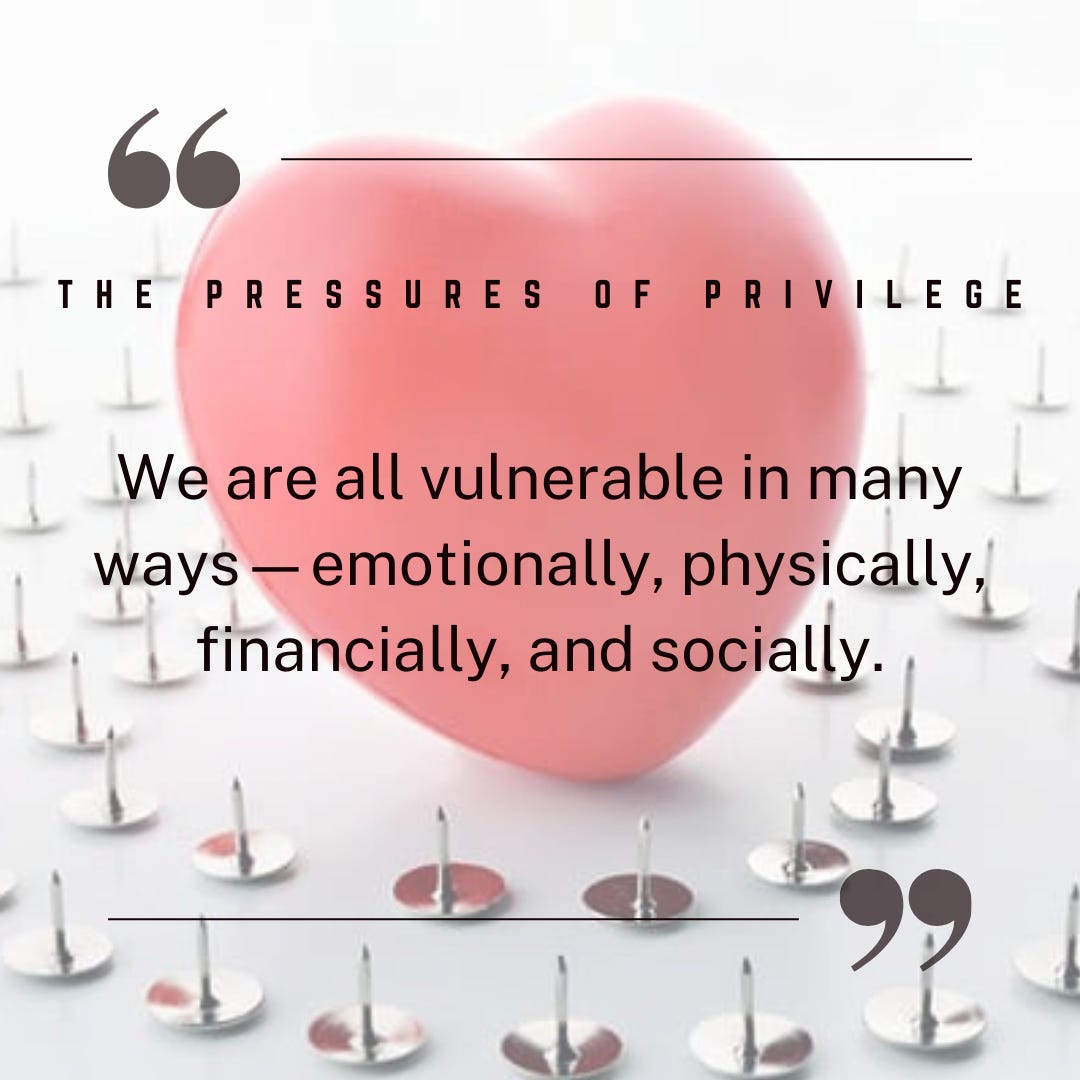The other day, one of my clients admitted he was afraid he felt vulnerable and defenseless in the event armed robbers invaded his property.
When he said this, I thought about the execution of the nobility during the French Revolution, the Bolshevik slaughter of the Romanov family, and the hushed up murder of the 84-year-old widow of the painter Wassily Kandinsky in Gstaad. In our times, I have to admit that during the days of the George Floyd violence, I set my burglar alarm at night and was on the verge of buying a gun, which a friend in Seattle ended up doing.
Visible wealth makes you a target. The client I mention above appears modest on the outside, but he does live on a large property, which is in itself a sign of wealth.
Living secluded on large tracks of land can be dangerous, as another friend of mine who is not UHNW experienced when she lived in the Dominican Republic about 20 years ago. She had bought a lush property and had created a school for the locals. She lived sequestered in the hills and one day armed men came and she watched her caretaker being shot to death. She escaped, sold her property, and still suffers from PTSD and heartbreak.
You see, for 54 years, I've lived by certain rules about protection. I am Swiss after all, and the Swiss are very good at security. And I've learned that being well protected is not a luxury—it is a necessity. Why do you think I’m training in karate? For high-net-worth individuals, the stakes are particularly high.
Through years of observation and experience, I've come to understand that true protection encompasses four essential domains.
The four domains of true protection
Consistent income
The Swiss, with their 19% savings rate compared to America's 4.4%, understand something fundamental about financial security. The old money families I work with follow the 3% rule - never spending more than 3% of their invested wealth annually. With $30 million invested, this means living on $900,000, allowing the remainder to compound and grow. This creates resilience against inflation.
Insurance
I think of the family that lost everything in a $14 million lawsuit after their adult child's drunk driving accident. For UHNW families in America's litigious society, a $10 million umbrella policy is simply prudent as it could have protected their home and other assets to a better degree. Yet insurance takes many forms - some of my clients opt for concierge healthcare in addition to traditional health insurance. My friends and elderly relatives struggle to get proper care even with private coverage.
Safety Systems
Safety systems are not only the obvious ones. Yes, there are alarms and security measures, but true safety runs deeper. It's in the daily family dinners that prevent addiction, the morning walks that Andrew Huberman says extend life, the karate practice that keeps your mind focused and body balanced and trained, and the boundaries that protect your spirit and contribute to emotional resilience that carries us through crises. It's having the right team - from CPAs to trust attorneys - that keep everything running smoothly.
Lifestyle Choices
Growing up in Monaco, I used to hear that it was a “sunny place for shady people.” Similarly, when they started paving roads in my secret town in Costa Rica, the locals would say, "Good roads bring bad people." Even my friend who runs a little eco-lodge says he prefers to keep things shabby to avoid attracting the “rich Russian-types who act entitled and demand the impossible.” I really wish they’d stick with Saint Barth’s.
I think of the jewelry shop in Gstaad that faced annual robberies until they finally closed.
One woman I know was fined thousands of dollars bringing in $50k worth of goods she had bought on a shopping spree in Paris. The customs officers at the airport were not amused when she couldn't provide the receipts. Such a level of ostentation just attracts trouble.
There's wisdom in the simple living practiced by Warren Buffett and the late Ingvar Kamprad of IKEA. It's also one of the 13 virtues that Benjamin Franklin espoused. Jessie O'Neill in her book The Golden Ghetto advises making friends with people who don't have wealth - creating genuine connections that form a human security net.
Why this matters now?
We are all vulnerable in many ways—emotionally, physically, financially, and socially. It doesn't mean you have to live in fear. But protection offers freedom from stress and worry. It also allows you to focus on growth and on the people and activities in life that matter most to you.





Good one!
Lots of wisdom here Do you think it's protective to live among many other wealthy people, many of whom are far wealthier and higher profile?